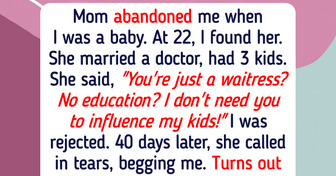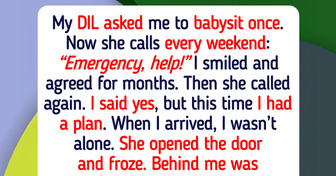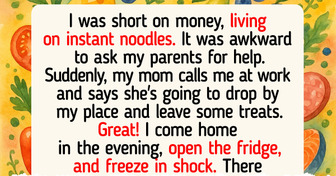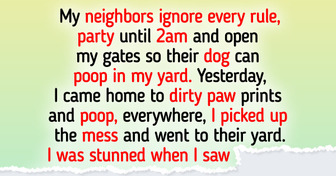18 Cunning Pets That Are Incredibly Skillful at Making a Sad Face

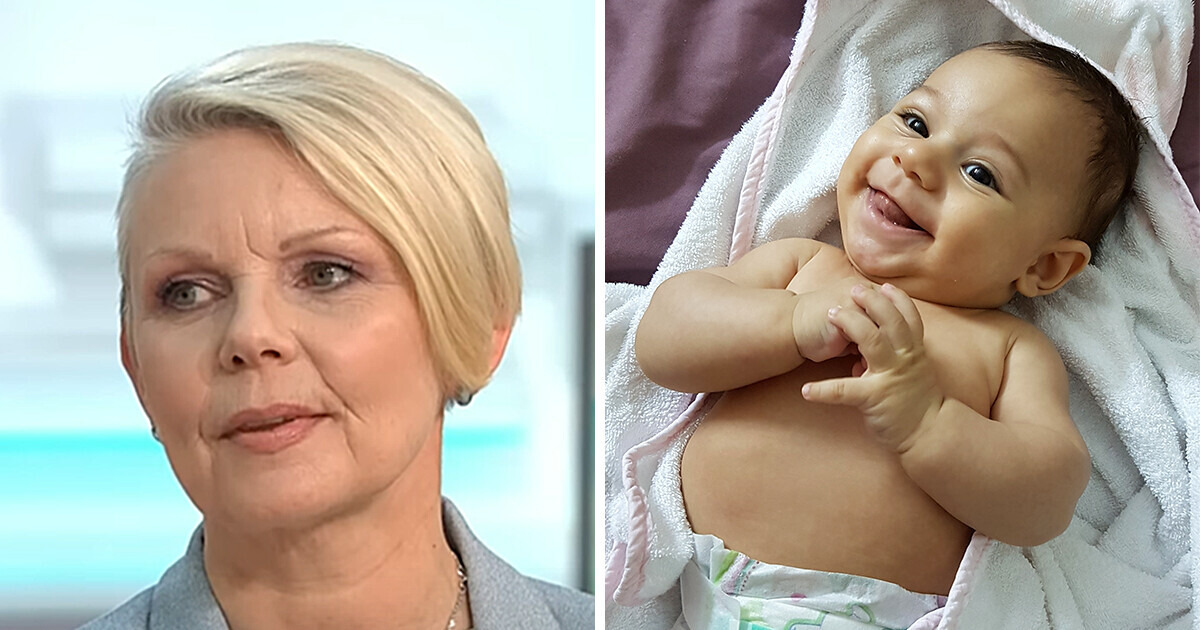
Newborns typically need their diapers changed every 2–3 hours, adding up to a total of around 8000 diapers until they are ready for potty training. Deanne Carson, a prominent Australian researcher, educator, author, and mother, has suggested that parents should ask their babies for permission before changing their diapers. This viewpoint has sparked a debate and raised some eyebrows about the potential benefits of such an approach. Let’s explore why asking such a question could potentially have a positive influence on babies.
Deanne Carson emphasizes that when she changes her baby’s diaper, she doesn’t expect to receive verbal consent from the baby since they can’t talk yet. Instead, she focuses on offering respect to the baby and reading their body language. She believes in introducing the idea that “I respect you as a human, I see you, and you matter,” emphasizing that their body belongs to them.
Contrary to popular belief, the expert wants to make it very clear that we should never leave babies in dirty diapers. She simply suggests that parents take a moment to allow the baby to acknowledge that their diapers will be changed. By paying attention to their babies and being attuned to their body movements, sighs, and facial expressions, parents can often discern their needs and emotions.
By consistently talking to and asking simple questions about their babies, parents can contribute to the development of their child’s language skills.





